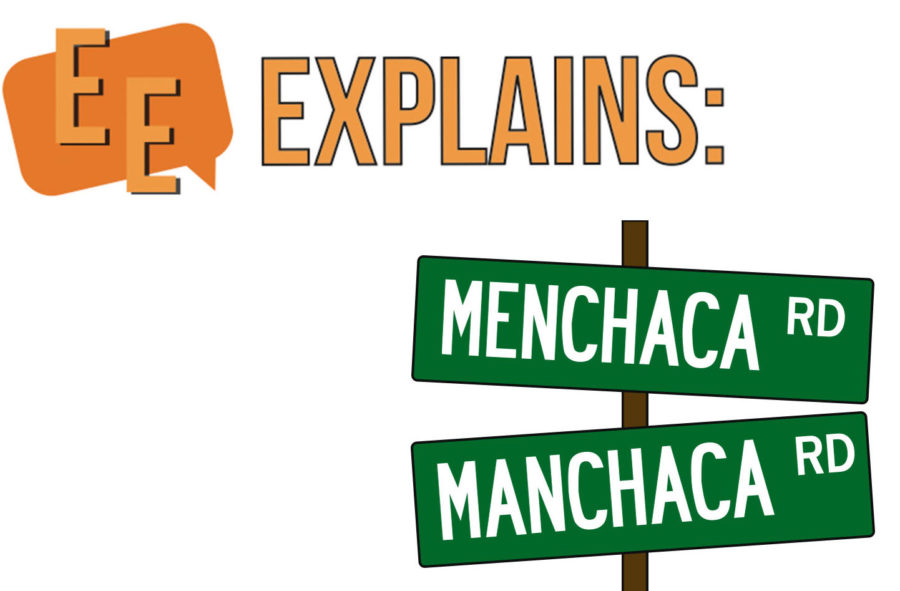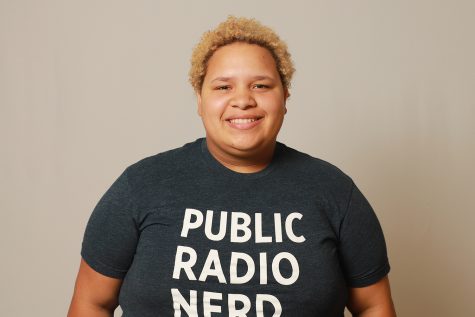Why is Manchaca Road about to change to Menchaca?
November 9, 2018
Many people use Manchaca Road every day to get to school, to work, or go somewhere to eat. This familiar name is expected to soon change after the Austin City Council voted to change the spelling to Manchaca to Menchaca.
The simple change of vowels from an “a” to an “e” has riled the emotions of some Austin residents and made others happy to honor what they see as a correction to the name of a Texas war hero.
There are two competing theories about the origin for the name of the road.
Menchaca: Texan War Hero
José Antonio Menchaca was Juan Seguin’s second lieutenant in the decisive Battle of San Jacinto. After the Texas Revolution, Menchaca was given a military command in July 1842, leading a company to protect the frontier south of San Antonio from Indian attacks. His company helped to defend San Antonio in 1842 when Mexican General Adrian Woll invaded the town.
Retired judge Bob Perkins has championed renaming the road for years, arguing his name was first misspelled to the now-familiar “Manchaca,” during the roll call after the Battle of San Jacinto. Later, residents near what would be called Manchaca Springs named a town after Menchaca, using the Anglicized version of the spelling without the “e.”
Perkins, the founder of Justice for Menchaca, works to lobby Austin City Council to change the signs, raising the money himself.
Manchaca: Native American Word
The Manchaca-Onion Creek Historical Association (MOCHA) argues that the name is derived from the Choctaw Native American Tribe word “imshaka.” The word is used to describe a shortcut through the Mississippi River Delta and is cited as the reason for the name of Bayou Manchac in Louisiana, which predates Jose Menchaca.
MOCHA released a statement saying that the name predates written history and changing the name is the erasure of Choctaw history.
This spelling was reinforced when William Pelham, a surveyor from Arkansas, bought land near the modern road to build a plantation, and disliking the Hispanic spelling, dropped the “A” at the end of Manchac to be more like the Louisiana bayou.
EE Asks: Do you think the name change is good or bad?
This decision was made at a city council meeting on October 4 and the change in street signs along the road was expected to originally take place on November 15. However, a judge ordered the name change be halted temporarily in response to a legal challenge by a group of property owners along the road. They requested the injunction, claiming they weren’t adequately notified about the impending name change by the city of Austin.
Supporters of the change find it disrespectful that the name hasn’t been changed sooner, reasoning that the man the street was named after Jose Antonio Menchaca had put his life on the line for Texas, and they misspelled his name. Comparing it to the likes of Bowie and Davy Crockett, saying if it was spelled, Davie Croket, that the change would’ve happened in less than a day. Others argue that the name is accurate and shouldn’t be subject to change. Many of these people have the stance that the name honors Native American tribes that resided in these areas. These two competing theories have been the source of more debate among Austinites and historical associations since the announcement that the street name would change.







